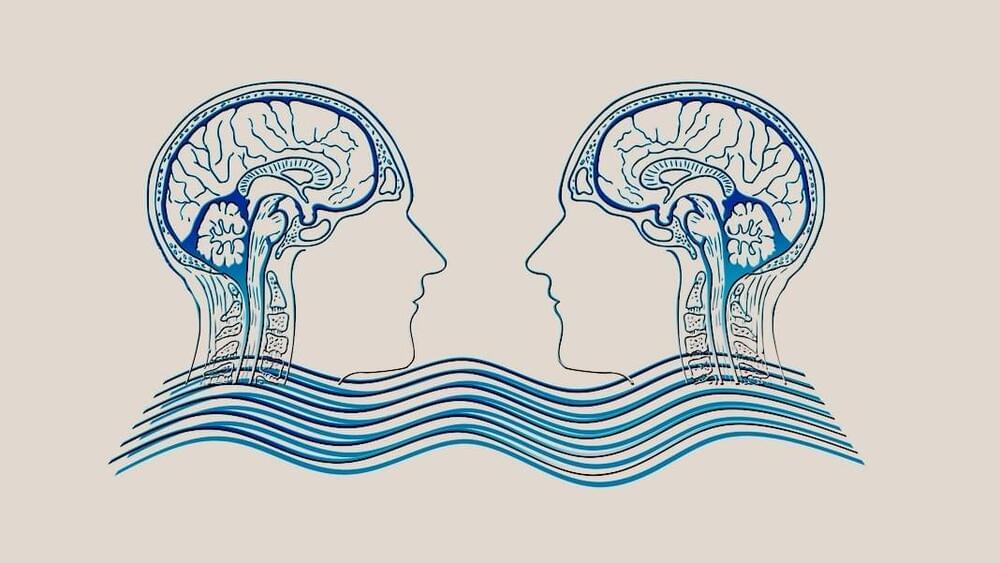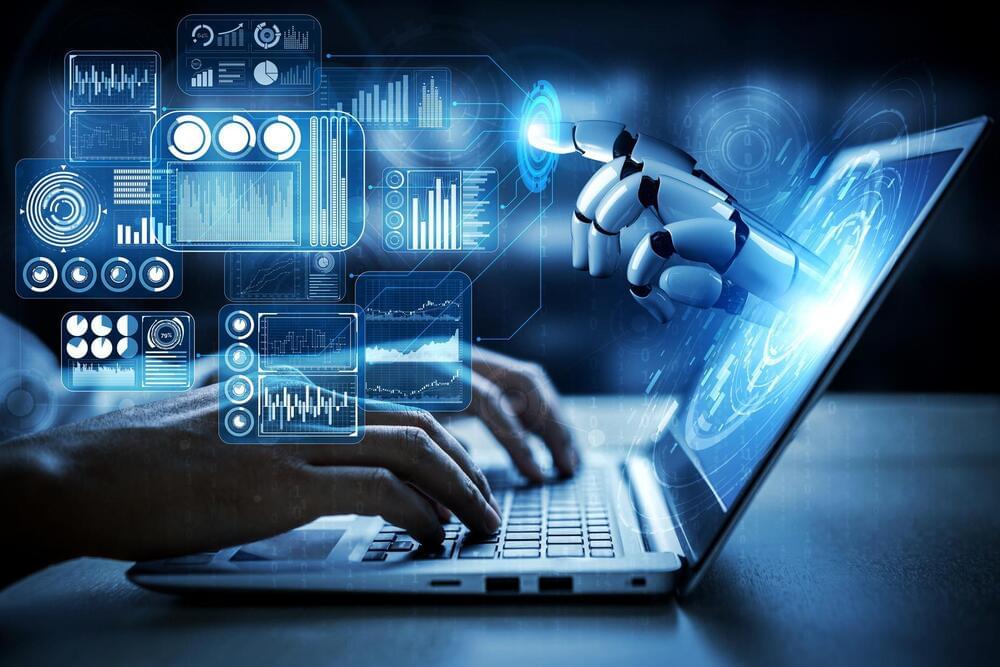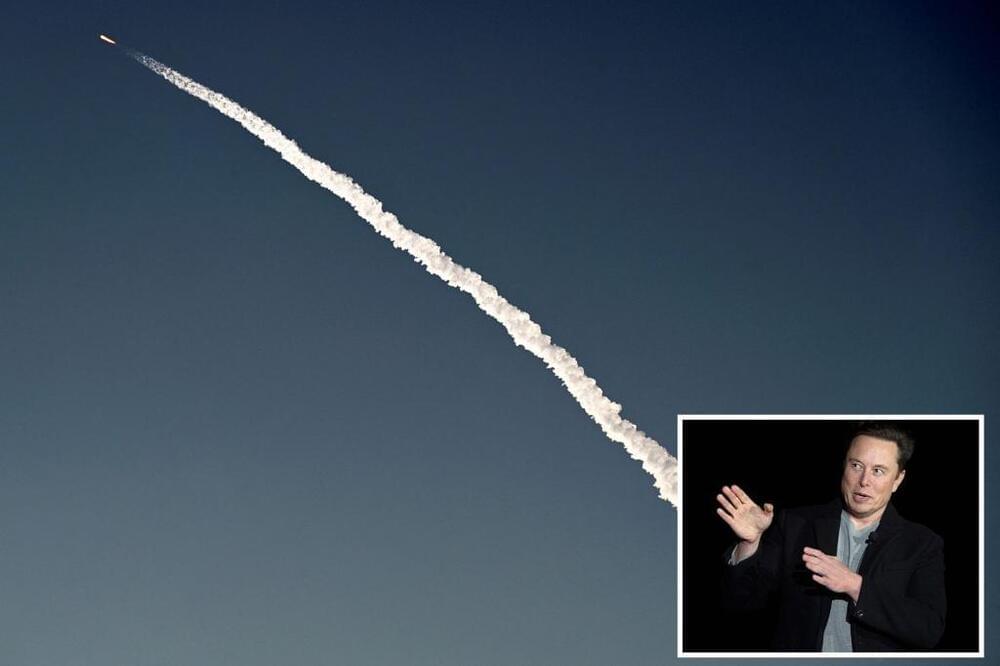If you’re ready for connectivity on the move, SpaceX’s Starlink satellite broadband may soon be the answer. The US Federal Communications Commission on Thursday gave the internet provider the greenlight to provide service on moving vehicles, boats and planes.
The new authority should help SpaceX meet “the growing user demands that now require connectivity while on the move,” wrote FCC international bureau chief Tom Sullivan wrote in the approval, “whether driving an RV across the country, moving a freighter from Europe to a U.S. port, or while on a domestic or international flight.”
Earlier this year, Starlink began selling Starlink for RVs, but the service wasn’t designed to work on the move — it was intended for users traveling to areas with slow or no broadband alternatives.






